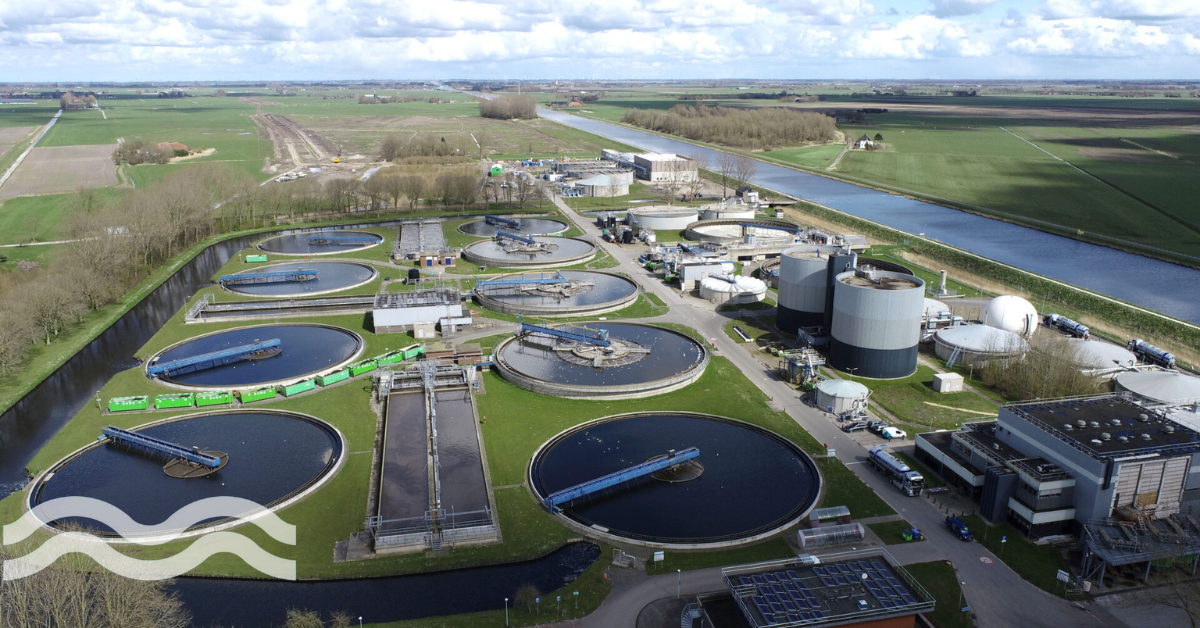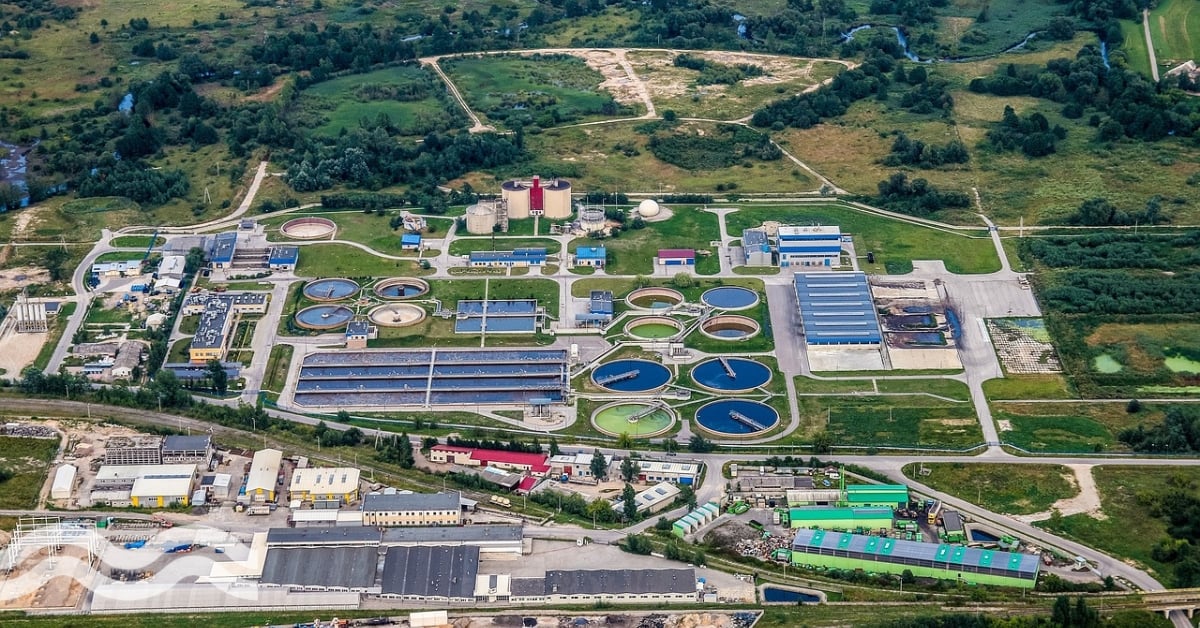REGAIN consortium to test three distinct water treatment technologies in the Netherlands

The REGAIN consortium plans to test distinct treatment technologies over an 18-month research project at the Garmerwolde municipal wastewater treatment plant in Groningen, The Netherlands.
Establishing a sustainable freshwater system
Featuring Dutch Water Board Noorderzijlvest, water technology company WLN, knowledge institute CEW (Centre of Expertise Water Technology) and North Water, REGAIN’s overarching objective is to establish a sustainable freshwater system by adopting a circular approach.
Treated wastewater effluent will be used as a sustainable source for industrial water in the region, addressing the rising demand from industries in Eemshaven and Delfzijl. The ambition is to contribute to the region's freshwater supply considering limited availability of drinking water and growing demand for fresh water.
Removing pharmaceutical residues from sewage water
The REGAIN research project focuses on testing innovative techniques to remove or degrade pharmaceutical residues from treated sewage water. Furthermore, the project aims to identify methods to upgrade treated sewage water into industrial process water after removing pharmaceutical residues, paving the way for the construction of a full-scale installation at the Garmerwolde wastewater treatment plant.
The anticipated outcome of the 18-month research project, slated to conclude by 2025, will determine the feasibility of implementing a comprehensive system with an expected capacity of 10 million cubic meters per year. This initiative aligns with the consortium's commitment to building a sustainable and circular freshwater system, addressing the growing demand for water resources in the region.
"The demand for industrial water in our region is growing, and we aim to use treated wastewater as a sustainable alternative next to using Eemskanaal surface water," said Mark Schaap, technology manager at North Water.
Treatment technologies
He highlighted the significance of NX Filtration's nanofiltration membrane technology, which has been proven effective in blocking micropollutants like pharmaceutical residues with minimal chemical and energy usage.
“The hollow fiber nanofiltration membrane technology from NX Filtration is a crucial component of this project, in which we test proven technologies at a larger scale. This filtration technology, previously tested at the wastewater plants in Wilp and Asten, blocks micropollutants such as pharmaceutical residues with minimal use of chemicals and energy.
“In addition, hollow fiber nanofiltration membranes are less prone to particle contamination and are easier to clean compared to traditional spiral-wound nanofiltration membranes,” he adds.


